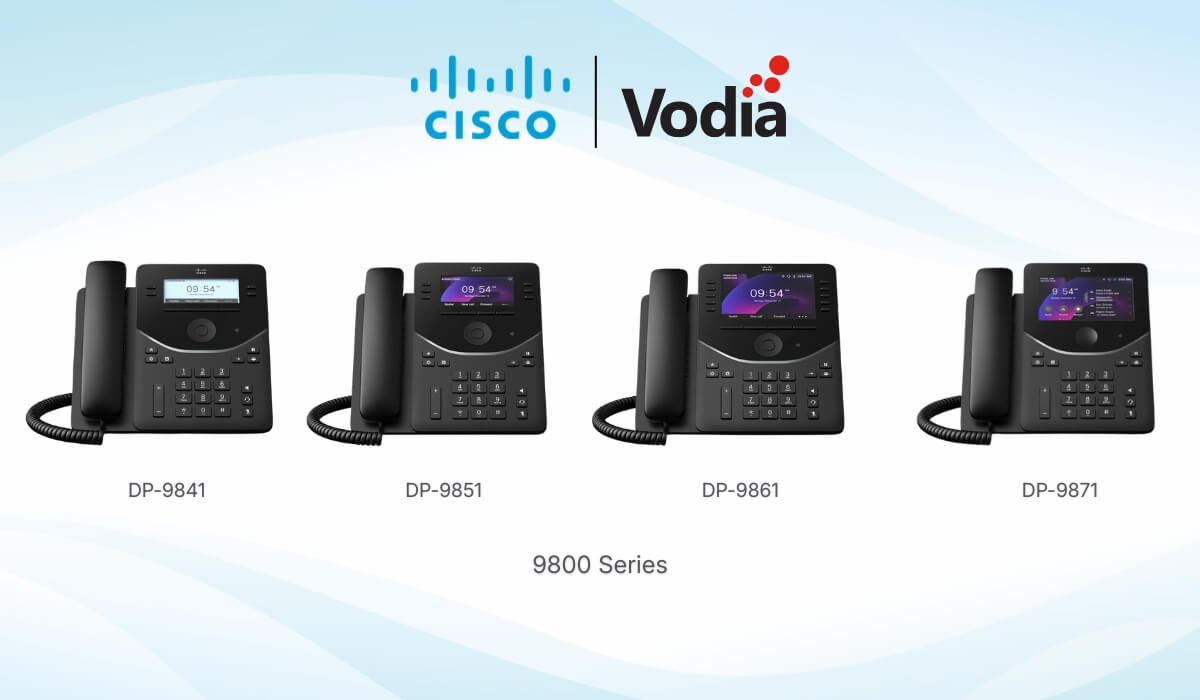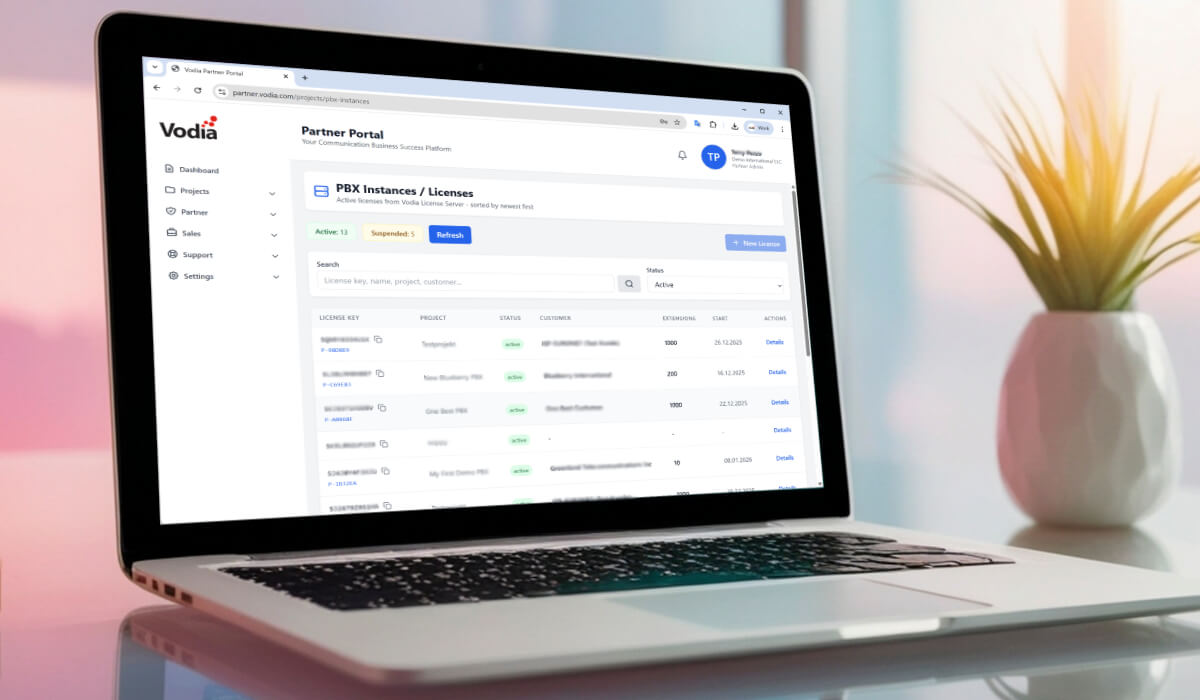Vodia Networks Inc a leading developer of IP-PBX and Call Center software announced today its commitment to further HTML5 support for its IP-PBX product line and hostedi.am cloud phone service.
The enhanced HTML5 audio playback feature will allow users to listen to their call recordings, voice messages and other audio files natively in the web browser without the need for any software or browser plug-ins.
Recording phone calls has always been an important feature of a phone system. Phone calls often need to be recorded for legal purposes or regulatory compliance and are also extremely useful for quality management, dispute resolution and employee coaching whenever required. Vodia’s IP-PBX solution and hostedi.am cloud service offers two call recording modes; Automatic recordings that automatically record all calls going through the IP-PBX and manual recordings (Call-by-call recordings) that record individual calls more like recording-on-demand.
Managing manual recordings is generally not a problem due to the fact that such recordings are created only occasionally and can be treated somewhat similar to voice mail messages. Automatic recordings on the other hand are generated in bulk and therefore require a more efficient way for user presentation, playback and archiving. This is especially important for call centers where thousands of calls are handled every day.
Until recently, the ability to play any type of audio within a browser involved using Adobe Flash or other browser plug-ins such as QuickTime. Although Adobe’s Flash player and QuickTime player are undoubtedly the most popular plug-ins for audio playback in modern web browsers, they still require software installation and most users do not wish to install any plug-ins on their computers altogether, mostly for security reasons.
Enter HTML5! One of the most exciting and long-awaited features of HTML5 is the <audio> element, which enables native playback of audio from within the web browser. Vodia PBX has recently introduced support for the HTML5 <audio> element making it possible to stream call recordings and voice mails directly to the browser. The native browser audio playback also eliminates the need for any browser plug-ins or software installation. Even more importantly, HTML5 based audio playback provides the added benefit of being able to restrict audio file download in sensitive environments where agents may be required to listen to the call recordings but are not allowed to download them locally to their computers.
HTML5 based audio playback is supported today in most desktop browsers including Firefox, Chrome, Opera and Safari. Support for mobile browsers is still somewhat limited but this is also expected to change in the future.
For further details please visit http://www.vodia.com or contact sales@vodia.com.
.svg)






